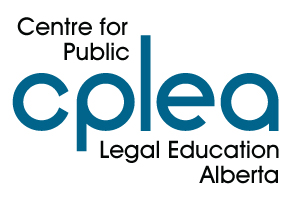A guide to the rights of Albertans who are experiencing homelessness. Topics covered include: Charter Rights, The Police, Security Guards, Panhandling , Loitering, Camping on Private Property, Camping on Public Property, Voting, Using a Washroom and more. Thie guide also provides links to WHO CAN I CALL FOR MORE HELP OR INFORMATION?
Alberta Supports can help you access more than 30 programs and 120 community services for:
- seniors
- employment
- homelessness
- financial needs
- children and youth
- parents and families
- people with disabilities
- guardianship and trusteeship
- abuse, bullying and family violence prevention
You can apply online or call for assistance. Help is available in more than 100 languages.
- 1-877-644-9992 toll-free province-wide
Alberta Resources
The mission of the Centre is to work with others to empower people to move from poverty to prosperity. They enable people to meet their own basic daily needs, participate in community, have sustainable livelihoods, feel hope for the future and make plans for a prosperous life. The Centre offers a variety of programs which include victims services and advocacy.
Calgary’s 10 Year Plan to End Homelessness was created by the Calgary Committee to End Homelessness, a community-based, multi-stakeholder, leadership group who issued the Plan and selected the Foundation to implement the Plan. On this website, find out about the progress of the 10 Year Plan, the research of the foundation, and information on homelessness and affordable housing in Calgary.
Calgary Outlink: Center for Gender & Sexual Diversity strives to create healthy communities and brighter futures for LGBTQ+ individuals. They provide a safe community space equipped with support services, education opportunities, a support line, and access to resources.
Canada/Federal
CERA’s Women’s Program was established in early 2000 to address low-income women’s experiences of inequality and discrimination in housing in Canada. The Women’s Program undertakes advocacy, litigation support, networking and research aimed at investigating and addressing the economic and social conditions that contribute to women’s inequality in housing.
CCPI is a national coalition founded in 1989 to bring together low-income activists and poverty law advocates for the purpose of assisting poor people in Canada to secure and assert their rights under international human rights law, the Canadian Charter of Rights and Freedoms (the "Charter"), human rights legislation and other laws in Canada.
The Homeless Hub is a web-based research library and information center where community services providers, researchers, government representatives, and the general public can access and share research, stories, and best practices associated with alleviating homelessness and housing instability.
From Employment and Social Development Canada, the Homelessness Partnering Strategy (HPS) is a community-based program that relies on communities to determine their own needs and to develop appropriate projects. It encourages cooperation between governments, agencies, and community-based organizations to find local solutions for people who are homeless or at risk of becoming homeless. The HPS recognizes that stable housing is a basic requirement for improving health, parenting, education, and employment. It emphasizes transitional and supportive housing to help individuals and families move to greater autonomy and self-sufficiency.








Follow CPLEA